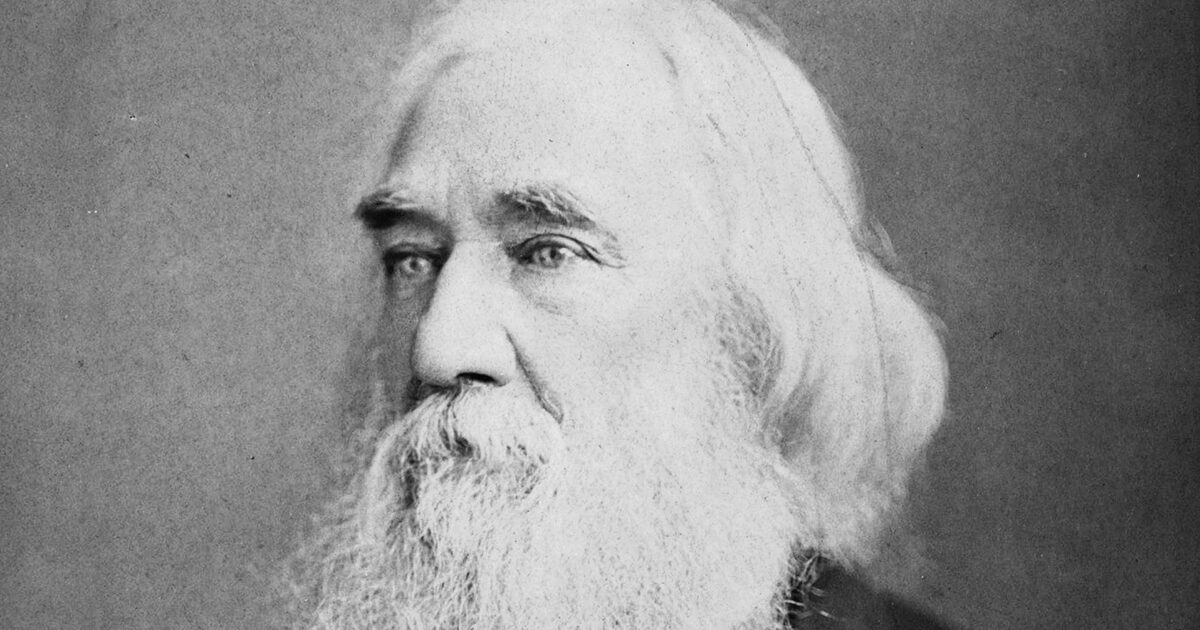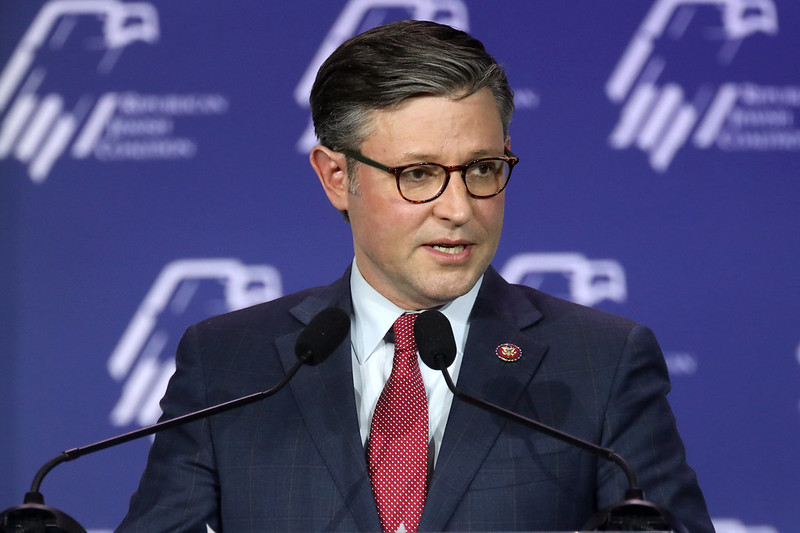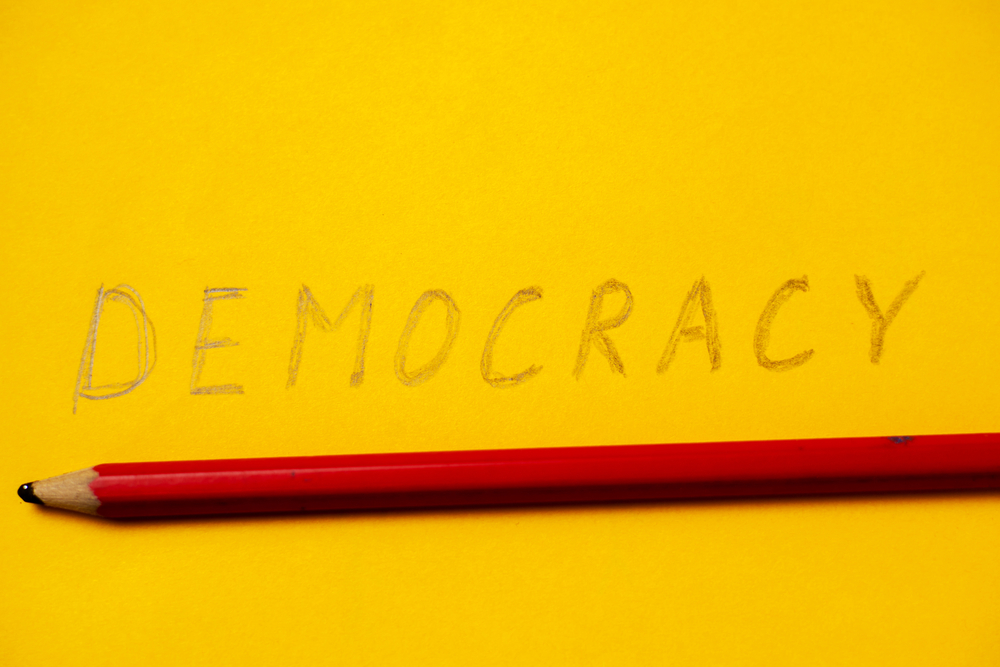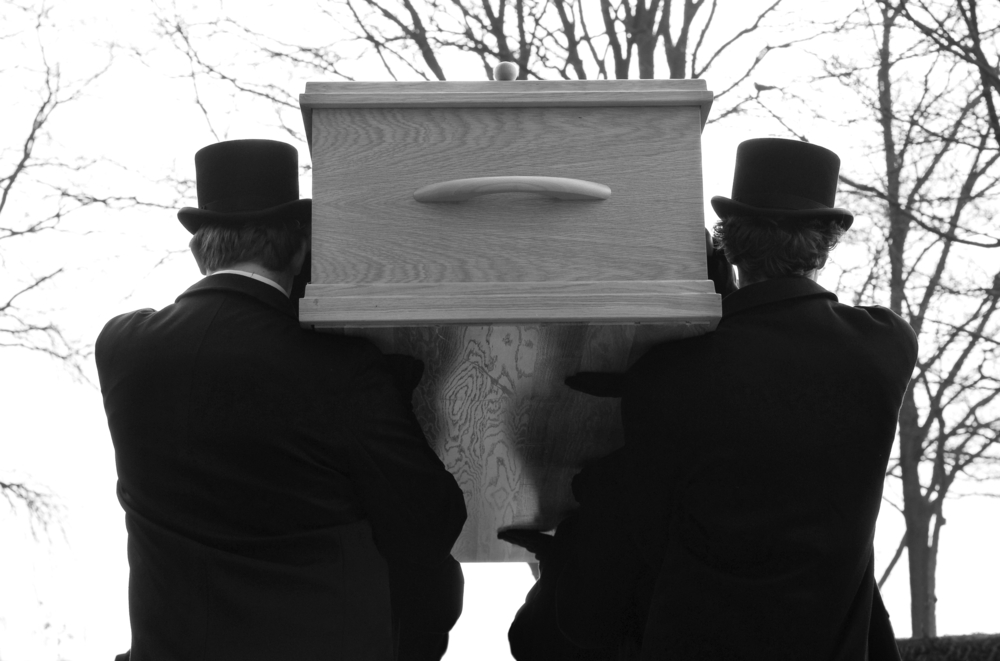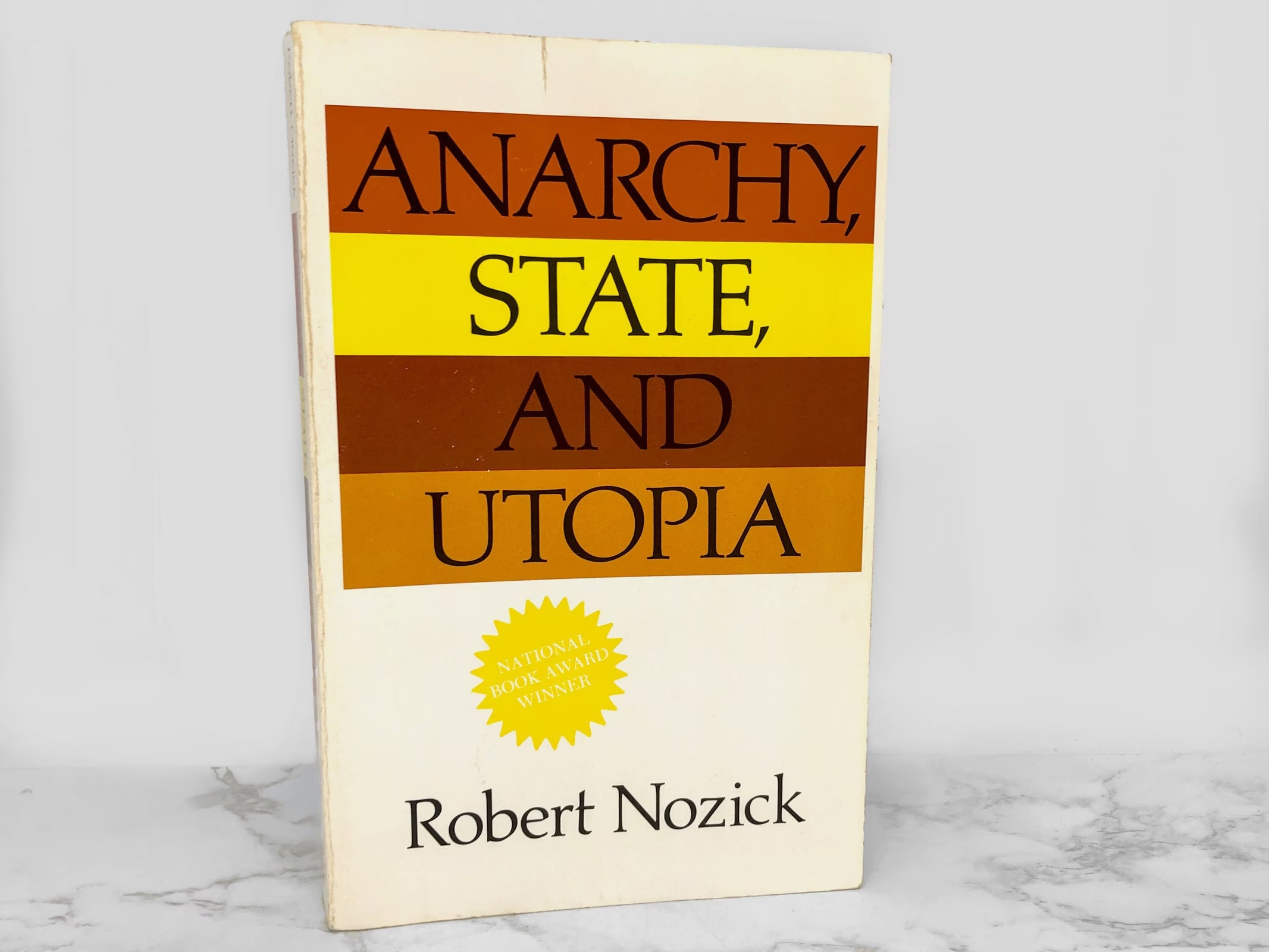Barack Obama campaigned for the presidency in 2008 as a peace candidate. He signaled that he would fundamentally change America’s course after the reckless carnage unleashed by the George W. Bush administration. However, by the end of Obama’s presidency, the United States was bombing seven different foreign nations.
But Obama’s warring rarely evoked the protests or opposition that the Bush administration generated. Why did so many Bush-era anti-war activists abandon the cause after Obama took office?
One explanation is that the news media downplayed Obama’s killings abroad. Shortly after he took office, he was awarded the Nobel Peace Prize — not because of anything that he had achieved, but because of the sentiments he had expressed. Shortly after he accepted the Peace Prize, he announced that he would sharply increase the number of American troops in Afghanistan. Much of the media treated Obama’s surge as if it were simply a military campaign designed to ensure that the rights of Afghan women were respected. The fact that more than 2,000 American troops died in Afghanistan on Obama’s watch received far less attention in the press than did the casualties from Bush’s Iraq war.
In early 2011, popular uprisings in several Arab nations spurred a hope that democracy would soon flourish across North Africa and much of the Middle East. Violent protests in Libya soon threatened the long-term regime of dictator Muammar Qaddafi, who had become a U.S. ally and supporter in recent years. Secretary of State Hillary Clinton and other advisors persuaded Obama to forcibly intervene in what appeared to be a civil war.
In March 2011, Obama told Americans that “the democratic values that we stand for would be overrun” if the United States did not join the French and British assault on the Libyan government. Obama declared that one goal of the U.S. attack was “the transition to a legitimate government that is responsive to the Libyan people.” Qaddafi, who was dealing with uprisings across the nation, sent Obama a personal message: “As you know too well, democracy and building of civil society cannot be achieved by means of missiles and aircraft, or by backing armed members of al-Qaeda in Benghazi.”
Even before the United States began bombing Libya, there was no sober reason to expect that toppling Qaddafi would result in a triumph of popular sovereignty. Some of the rebel groups had been slaughtering civilians; black Africans whom Qaddafi had brought into Libya as guest workers were especially targeted to be massacred. Some of Qaddafi’s most dangerous opponents were groups that the United States had officially labeled as terrorists.
Obama decided that bringing democracy to Libya was more important than obeying U.S. law. The War Powers Act, passed by Congress in 1973 in the waning days of the Vietnam War, requires presidents to terminate military attacks abroad after 60 days unless Congress specifically approves the intervention. Immediately after the bombing commenced, Secretary of State Clinton declared during a classified briefing for members of Congress that “the White House would forge ahead with military action in Libya even if Congress passed a resolution constraining the mission.” Echoing the Bush administration the Obama administration indicated that congressional restraints would be “an unconstitutional encroachment on executive power.”
According to the Justice Department’s Office of Legal Counsel, Obama “had the constitutional authority” to attack Libya “because he could reasonably determine that such use of force was in the national interest.” Apparently, as long as presidential advisors concluded that attacking foreigners is in the U.S. “national interest,” the president’s warring passes muster — at least according to his lawyers. Yale professors Bruce Ackerman and Oona Hathaway lamented that “history will say that the War Powers Act was condemned to a quiet death by a president who had solemnly pledged, on the campaign trail, to put an end to indiscriminate warmaking.”
The U.S. attack on Libya evoked almost no protests across the nation. After Qaddafi was killed, Secretary Clinton laughed during a television interview celebrating his demise: “We came, we saw, he died.” But U.S. missiles and bombs begat chaos, not freedom. Five years later, when asked what was the worst mistake of his presidency, Obama replied, “Probably failing to plan for the day after what I think was the right thing to do in intervening in Libya.”






